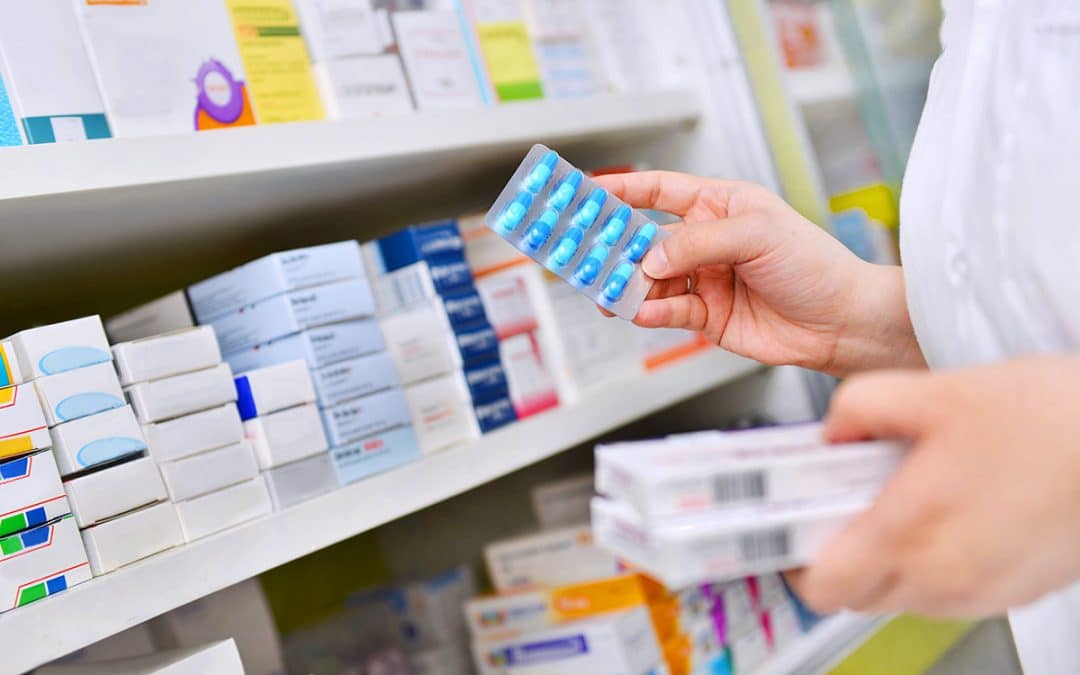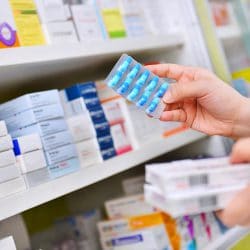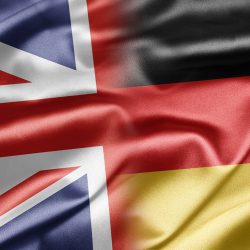The development of a pharmaceutical product or an implantable or non-implantable medical device (BPR…) is a long journey full of pitfalls. It often requires several decades of research and laboratory work, clinical trials strictly regulated by law and the competent authorities, foremost among which is the ANSM (Agence Nationale de sécurité du médicament et des produits de santé).
From evaluation and GMP (Good Manufacturing Practices) to marketing, the complex and rigorous procedure aims to obtain the essential document of marketing authorization (MA). A document that is difficult to receive and requires the creation of substantial, documented and argued files. Written in French, they must allow the authority to evaluate therapeutic claims and user benefits, treatment indications, or dosage. In addition to the control of the chemical components and the active substance of the product, adverse reactions….
The marketing procedure… delicate steps
There are three ways to obtain marketing authorization.
In France, obtaining national marketing authorization requires the preparation and submission of a dossier to the AFSSAPS (Agence Française de Sécurité Sanitaire des Produits de Santé), which decides, after an advisory opinion from the MA commission.
In Belgium, the equivalent body in charge of these procedures is the FAMHP, which has exclusive competence in the field of notification of marketing authorisation.
But there is also a mutual recognition procedure at European level and a centralised procedure at European level.
In the context of a mutual recognition procedure at European level, an EU Member State grants an authorisation in accordance with its own rules and procedures. The other Member States then recognise this MA on their territory.
Finally, the centralised procedure at European level consists in submitting a single application to the European Medicines Agency (EMEA), which decides after consulting the Committee for Proprietary Medicinal Products (CPMP). The MA thus granted is therefore valid throughout the entire territory of the Member States of the European Union.
Mandatory documents
The application for marketing authorization must be accompanied by 3 mandatory documents:
- The RCP (summary of product characteristics), specifying and explaining all the therapeutic indications of the pharmaceutical product concerned, its dosage, its contraindications, its biocidal products…
- The drug package leaflet, which contains elements of the CPR but in such a way as to make them more easily readable and accessible to the general public.
- Finally, the packaging and labelling of the various products concerned by the marketing authorisation application were also reviewed.
The various bodies responsible at national, local or European level for providing marketing authorisations issue official documents such as authorisations, certificates or commercial authorisations. Documents that can only be submitted to laboratories or entities requesting marketing authorisation if all the necessary documents are submitted, including numerous technical opinions, reports, notices, experimental protocols, etc.
These essential documents must be translated into the language of the target country through a high level of specialized translation. The stakes are indeed high with regard to the success of the MA application, particularly with regard to the cost of filing an application for authorisation.
The risks of incorrect translation
Submitting a file and its many appendices in an approximate or incorrect translation exposes you to a refusal of authorization. This refusal then leads to the filing of a new application:
- Cost of the request invoiced several hundred or even thousands of euros,
- Time to market extended to a later date – which implies an open door to a competing laboratory, for example.
In short, a significant dry loss for the applicant organizations!
Moreover, the marketing authorisation is not definitive and may be withdrawn or suspended at any time as provided for in the Public Health Code. This may be the case in particular in the following cases:
- The pharmaceutical product is harmful under normal conditions of use,
- The therapeutic effect is missing on the initial or update file,
- The product placed on the market does not have the declared qualitative and quantitative composition,
- It appears that the information provided is incorrect, voluntarily or not,
- The conditions laid down at the time of the application for marketing are no longer met,
- The labelling or package leaflet of the medicinal product does not comply with the general or specific requirements laid down by the applicable regulations.
A bad or hazardous translation can thus have significant effects, especially for products already on the market for which the production chain is already launched and financed.
Added value of the specialized translation agency
The specialized translation agency for the medical and pharmaceutical industry ensures a very accurate and expert transcription thanks to its mastery of terminology and the lexical field of the medical field.
The medical translator can thus “localize”, i.e. transcribe as accurately as possible the technicality and scientific meaning of the translated content in the target language.
In addition, the specialised translation agency has unique and valuable knowledge of the composition and presentation of the documents in a marketing authorisation application file. As an expert partner, it knows the expectations of the competent authorities and can help the applicant to comply with them.
The specialised agency guarantees the confidentiality of the translated documents, an important point in view of the financial stakes involved in the projects. It must also certify its ability to meet the deadlines. Responsiveness and quality of translations are essential to meet the deadlines imposed by the medical authorities for the submission and amendment of applications.
Finally, the translation agency specialized in marketing authorization documents allows you to benefit from the services of specialized translators:
- Skills, techniques,
- A linguistic mastery,
- Legal expertise,
- Specialized knowledge in the medical field
As such, the specialised translator is fully familiar with the specificities of each Community or national institution. He is fully familiar with the various acronyms, standards and legal obligations relating to the marketing authorisation application file.
The specialised translation agency therefore proves to be a preferred interlocutor, which must be selected with caution and rigour.
Do you need advice or a quote for the translation of your medical, scientific or pharmaceutical documents? Free quote in 1 hour






